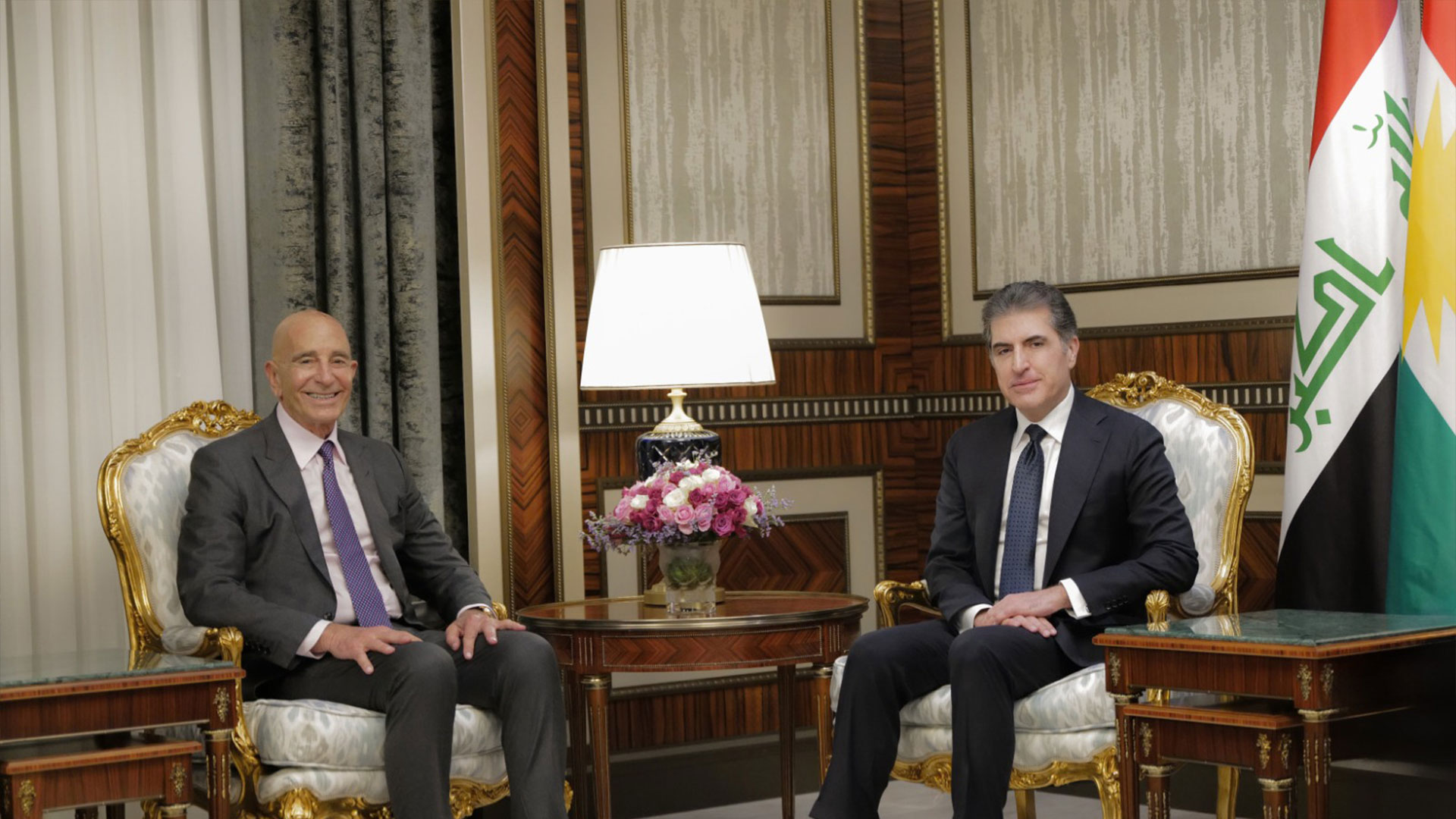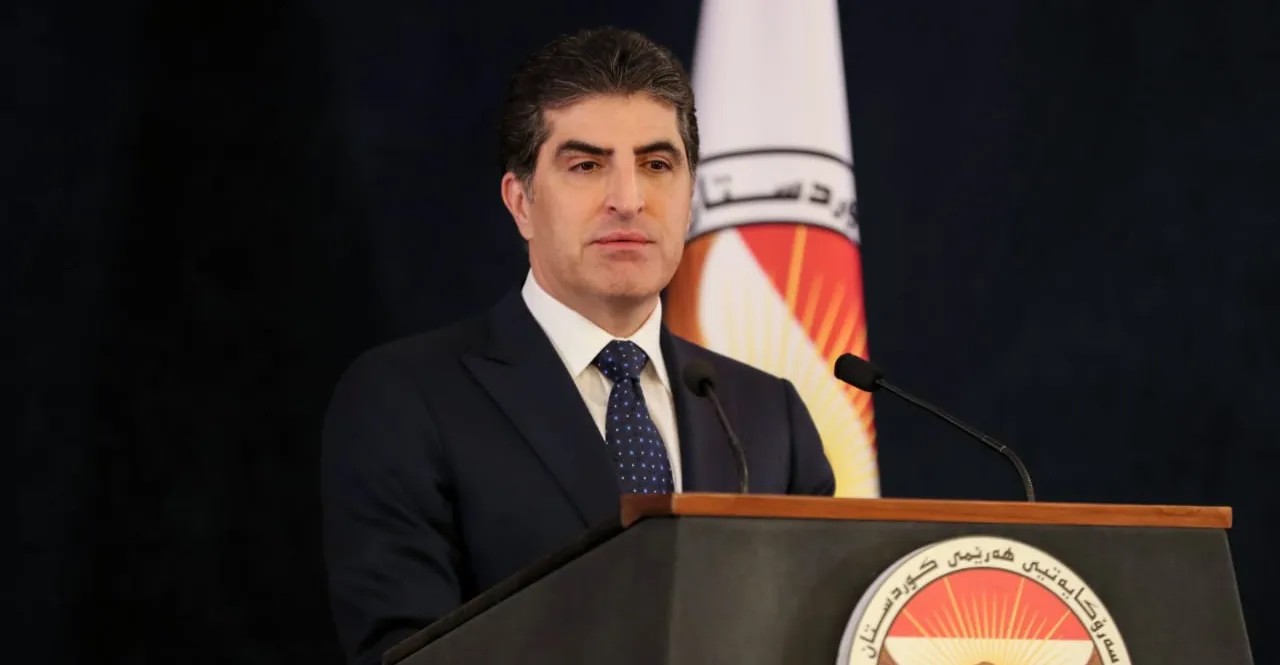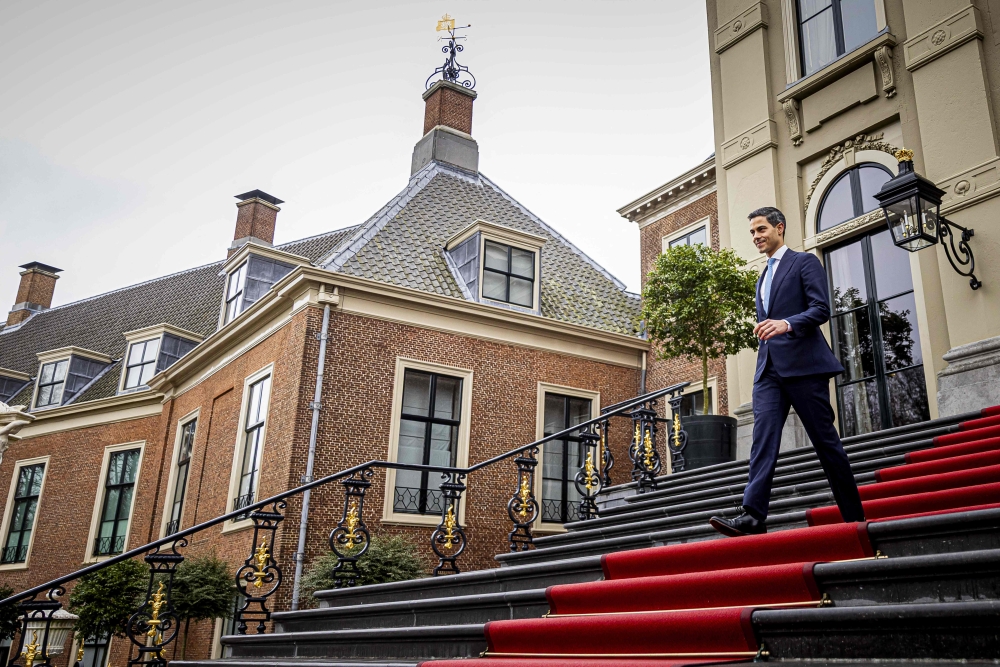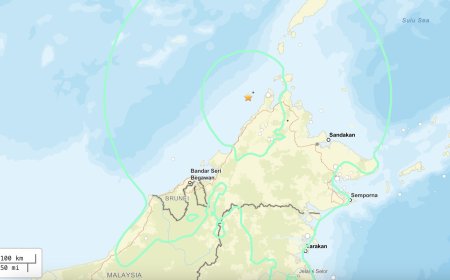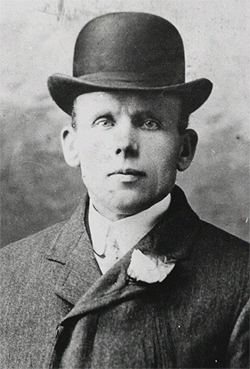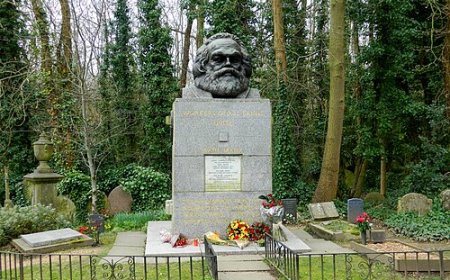The curious case of ‘miracle flights’, where wheelchair-bound passengers walk off ‘healed’
Airports are having to cope with a rising number of requests from travellers hoping for fast-track assistance

Something strange is happening at 35,000ft. Indeed, according to airline bosses and flight attendants, a “miracle” is occurring, particularly on routes to and from India.
The scenario plays out as follows: many air passengers request wheelchair assistance to travel through the airport before departure. This assistance means they are able to skip the queues at security and passport control, as well as board the plane first. However, upon landing, some of these people are suddenly able to walk off without assistance, seemingly “healed”.
Such passengers have earned tongue-in-cheek nicknames: “miracle walkers” in the UK, or “jet-stream Jesuses” in the United States.
The topic resurfaced this week after a video posted on X showed a long queue of wheelchair users at the gate of a flight. The video has been viewed more than 13 million times. It is unclear where and when it was shot.
The video went viral after the pre-eminent Indian entrepreneur Kiran Mazumdar-Shaw replied on X: “They should charge an additional 5,000 rupees per airport [...] then they will see how many genuine passengers there are.”
The issue has sparked a global conversation, with an insinuation that some passengers could be abusing wheelchair assistance to get fast-tracked through their departure airport. Then – upon arrival – they are reluctant to wait for a wheelchair to arrive, so continue their journey unaided. The truth, however, is more nuanced than the noisy online discourse suggests.
‘We are healing so many people’
One element of the “miracle flight” narrative is true. The number of wheelchair requests at airports is rising. In 2024, 5.5 million passengers requested mobility assistance at UK airports, amounting to around 1.9 per cent of all passengers. This has more than doubled from the 0.94 per cent who requested assistance in 2010.
The trend seems unsurprising given the steady rise in air passengers, and the world’s ageing population. The number of people aged 60 and older is set to increase from 1.1 billion in 2023 to 1.4 billion by 2030, according to the World Health Organisation.
However, aviation bosses have also warned that some people are abusing the system. In July 2022, the former CEO of Heathrow Airport John Holland-Kaye told LBC Radio that some passengers had been “using wheelchair support to try to get fast-tracked through the airport”. He added: “If you go on TikTok, that is one of the travel hacks people are recommending. Please don’t do that. We need to protect the service for people who need it most.”
Barry Biffle, the CEO of American low-cost airline Frontier Airlines, said at an aviation industry event in 2024: “There is massive, rampant abuse of special services. There are people using wheelchair assistance who don’t need it at all.”
He gave the example of a flight where 20 people had been wheeled to the departure gate, with only three requiring a wheelchair on arrival. “We are healing so many people,” he joked.
The Indian conundrum
Indian airports have seen a particularly stark rise in wheelchair assistance requests. According to Indian media, Air India receives as many as 100,000 wheelchair users per month, with particularly strong demand on routes to the UK and the US.
One widely cited flight is a Delhi-to-Chicago route, which allegedly had 99 wheelchair bookings on Feb 19 2025. Sources in the Indian aviation ministry told CNBC TV18 that the Directorate General of Civil Aviation is reviewing the situation. When approached by The Telegraph, Air India declined to comment on this subject.
Saj Ahmad, the chief analyst at StrategicAero Research, said: “This is clearly a cultural issue stemming from parts of Asia, and it’s clear authorities need to get a grip on this before a complete breakdown happens.
“Short of forcing people to show up to the check-in desk with a medical certificate, it’s clear that some airports are just waving people through and not doing enough checks.
“There’ll clearly be those who are injured, old or infirm that need assistance, but those exploiting the assistance afforded by airport staff need to be punished so as to deter others from doing the same.”
Rishi Jain, an aviation expert at Rishiviate Consultants, sought to explain why wheelchair assistance requests are particularly high on routes to and from India.
“It’s quite common around this time of year to see a shedload of elderly passengers requiring wheelchair assistance heading back to India for the winter. They’ll go in November and come back in March, to avoid the cold,” he said.
“Primarily, this happens on international flights to destinations where there are a significant number visiting friends and relatives. There are some people who can walk at small airports but at large airports they need a wheelchair.
“They tend to migrate more to the Indian carriers because they [fly] non-stop, and they know there’s somebody there who will speak their language.
“There’s always somebody on an India flight who thinks they can fast-track security and immigration. That’s what they’re trying to do, rather than being lazy about walking.”
‘We call them miracle walkers’
The issue is on the radar of flight attendants. One serving member of cabin crew for a major airline told The Telegraph: “This is a typical thing that happens on flights from India. I believe the wheelchairs are booked by family members who usually buy those tickets for family and want to make sure they have a smooth transit through the airport.
“But once you tell people [on landing] they might have to wait half an hour for the actual wheelchair, they usually get up and walk off. We call them ‘miracle walkers’.
“It was always a relief to the crew when the miracle happened, as we would also have to wait for the wheelchairs to come, so it added time on to an already long flight. Everyone would be overjoyed when they could walk off and we could all go home rather than wait for a wheelchair.”
Kristina Galvydyte, who worked as a flight attendant for six years, added: “Sometimes, passengers were either told they needed to wait longer for the ‘ambulift’ down route, and they decided to just walk off, or just got off with the rest of the passengers and did not say anything to us.
“The motivations behind this are hard to prove, so we can only speculate, but we did have a laugh about how they miraculously managed the steps all of a sudden.”
‘Countless conditions are invisible or changeable’
Accessible travel expert Carrie-Ann Lightley says people should think twice before using the “miracle walker” phrase.
“I find it unhelpful and dismissive,” she said. “Disability is not binary. Countless conditions are invisible or changeable. Using a phrase like that reinforces stigma and feeds the idea that people must prove their disability. That harms everyone.”
While Lightley has not witnessed widespread abuse of assistance systems, she says some airports and airlines do struggle to meet the needs of disabled passengers.
“There will always be a small number of people who request assistance without fully understanding what it is designed for. The impact is felt by disabled passengers who cannot board independently and rely completely on that support,” she said.
“If someone books assistance solely to skip a queue, it slows the process for people whose safety depends on it. The consequences can be serious. I have been left on aircraft long after every other passenger has departed because the assistance team was delayed.
“It is also important to separate misuse from genuine need. Many older travellers cannot manage long airport distances or long periods of standing. This does not make their need less real. Mobility can fluctuate throughout a journey. A passenger might need a wheelchair on arrival if the walk from the gate is long or if fatigue has set in. Others may feel more steady after a period of sitting.
“Accessibility support is there to meet varying needs, not to pass judgment on who is disabled enough.”


